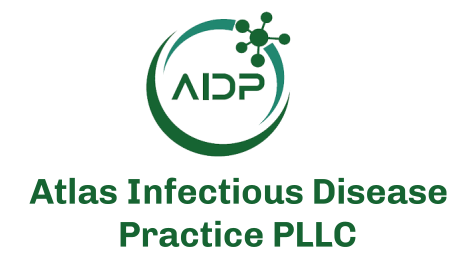
During the recent ID Week, Vedanta Biosciences shared data on its completed phase 2 CONSORTIUM study. The company reported its investigational live biotherapeutic product, VE303, an investigational treatment for recurrent C difficile was well tolerated, reduced the odds of C diff recurrence by >80% compared with placebo, colonized the gut well, and led to early restoration of healthy, diverse, native gut bacteria.1-2
Within this study, investigators examined serial stool samples for the presence of antibiotic resistant gene (ARG) levels over time, beginning at the completion of antibiotic treatment for the most recent C diff episode. Compared with pre-treatment baseline samples, when study participants across the treatment groups were carrying an average of almost 60 ARGs, receipt of the VE303 high dose resulted in significantly fewer ARGs overall (p<0.005) and fewer ARGs carried by Proteobacteria (p<0.005), including Klebsiella, which can cause potentially serious infections. These significant reductions were seen by the end of treatment on day 14 and were observed through Day 28. In contrast, recipients of the VE303 low dose or placebo did not have a reduction in ARGs.
“The intestinal tract is ordinarily an important line of defense against antibiotic-resistant organisms. A gut microbiome that is disrupted by multiple courses of antibiotics can become a reservoir for these potentially dangerous organisms, which could lead to development of a hard-to-treat infection elsewhere in the body,” Vedanta Chief Medical Officer Jeffrey L. Silber, MD, said in a statement. “By helping to restore a healthier, more diverse gut microbiome, administration of VE303 appears to reduce the prevalence of organisms carrying these resistance genes. 1
What You Need to Know
Vedanta Biosciences’ investigational product VE303 demonstrated an 80% reduction in C difficile recurrence compared to placebo.
In the phase 2 trial, participants receiving a high dose of VE303 showed a significant reduction in overall ARG levels (p<0.005), particularly in harmful bacteria like Klebsiella.
Significant reductions were observed in ARG prevalence compared to baseline (Day 1) with varying levels of significance (*p < 0.05, **p < 0.005, ***p < 0.0005, ****p < 0.00005).
VE303 is a potential first-in-class candidate for the prevention of recurrent C difficile. It consists of an orally administered defined bacterial consortium composed of 8 strains that were selected using Vedanta’s product discovery engine.2
Earlier this year, Contagion interviewed Silber about the therapy and its novel approach. “What sets us apart is that every capsule from every batch of VE303 contains the exact same amount of the same bacteria, ensuring consistency and reliability in what patients receive. This also allows us to scale manufacturing effectively,” Silber said. “Unlike donor-derived products, which are challenging to scale and come with the risk of transmitting pathogens from donor to recipient, our method avoids these issues. By eliminating the donor variable, we reduce the risk of transmitting pathogens, making our approach safer and more consistent.” 3
Back in May, Vedanta Biosciences reported it began its initial dosing for its phase 3 clinical trial, RESTORATiVE303, which is a randomized, double-blind, placebo-controlled evaluating the safety and efficacy of VE303 in patients at high risk for recurrence of CDI after completing a course of antibiotics for a prior CDI episode. The trial is being conducted at approximately 200 sites in 23 countries, across 5 continents. The primary endpoint is the comparison of CDI recurrence rates at eight weeks in the VE303 and placebo groups. The phase 3 study design and VE303 dosing regimen are based on the phase 2 trial.1






